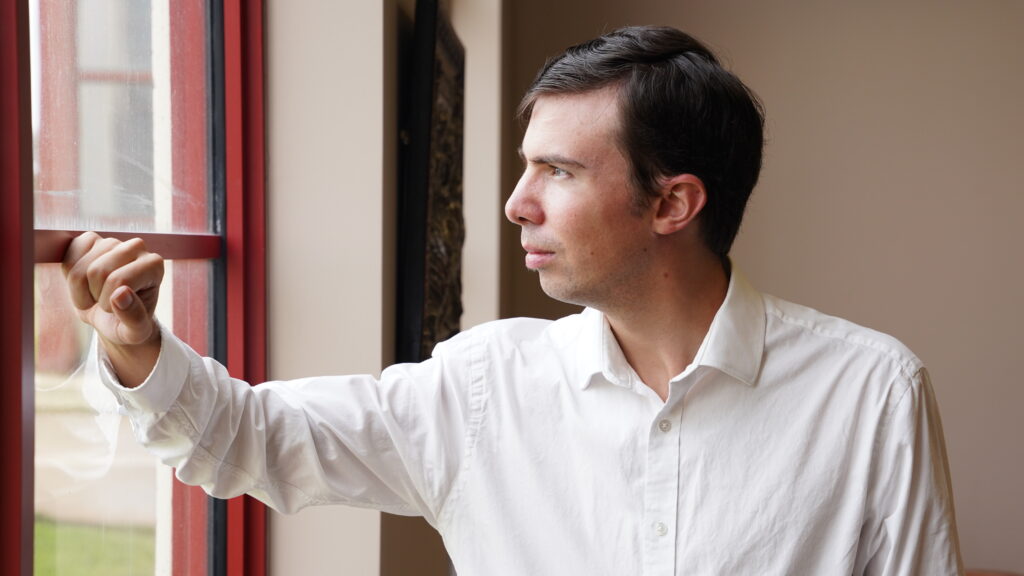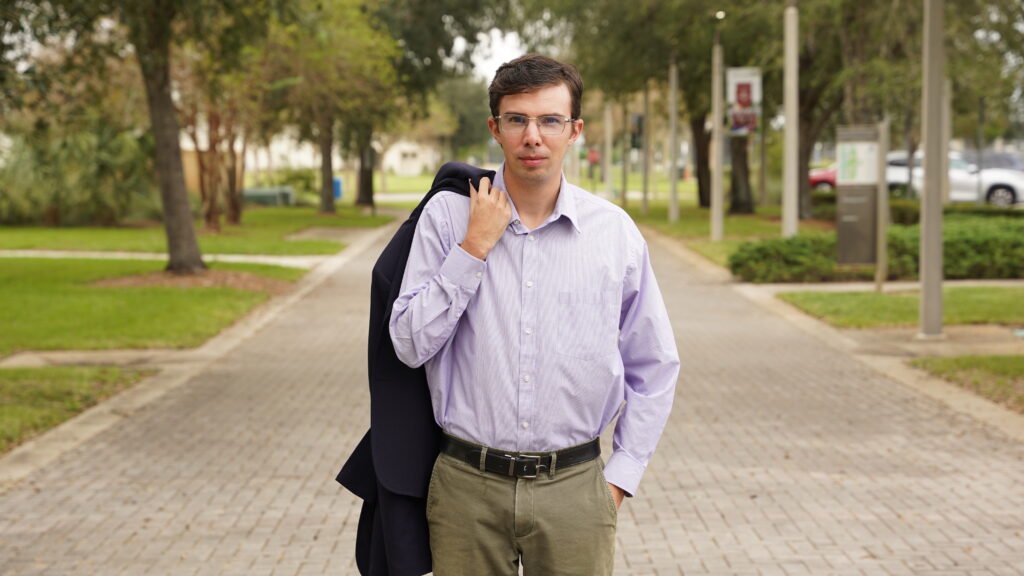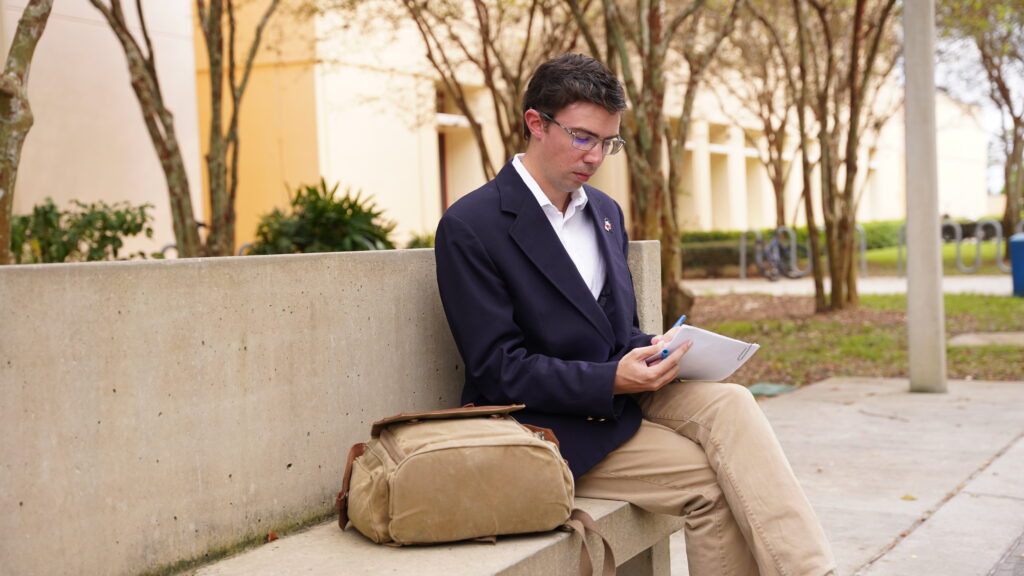
I am a composer, lyricist, arranger, keyboardist, singer and performer. I write songs, compose music, and perform classics – not merely to show my proficiency and expertise in these fields, but also to artfully communicate a universal truth about the human experience with general audiences.
Philosophy on Music:
As someone who has made music all my life (either by singing, accompanying,
or otherwise), I can attest that there is no better satisfaction than listening to music. Music just simply feels good. Not only does it feel good to listen to, but it serves as the best form of social medicine. If you’re in need of a community or a group of friends, then a church choir or a Community Drama Program can always serve as a warm, friendly environment where people of all ages can bond. Even young peers with opposing political beliefs can still bond over this shared love for music, and even be good friends.
What is it about music that brings us together? I believe it is our shared desire to find beauty, goodness and meaning, especially in our consistent troubling times of the 21st Century. In a culture driven by Sensationalist News, Social Media and Partisan Politics, the desire to find our shared humanity just simply increases among decent people. Music has the power to help us find that. It can uplift our souls when we feel sad, and it can amplify the exuberance of our hearts when we’re happy. (Be it a lush film score, a good rock concert or any live performance you’ve been a part of). It can even justify the anger we feel during the disappointing times in our life. (Think of Beethoven’s 5th Symphony, or, again, rock concerts.)
Nowhere is the idea that it uplifts our souls more apparent than in Beethoven’s Symphonies, but it’s not always black-and-white. The idea that some music makes us happy while others make us sad is not entirely true– it’s the mixed-emotions within a single piece that make the difference. Think of any piece of Romantic Music, which by its nature, is melancholic. We think of that word as meaning sad or gloomy, but the reason the music resonates with so many people is precisely because its melancholic tone can point us in a direction toward profound joy.

With a few exceptions, every successful major piece of music has incorporated some sort of mixture of light and darkness within it, in order to give us a piece worthy of the human experience. Even though there were other popular classical composers during Mozart’s lifetime (like Antonio Salieri), we remember the pieces by Mozart because they represent a personal, heartfelt experience that is usually reflective of those shared by everyone else. Unlike Salieri, Mozart didn’t merely fit into a category that was popular for his day and age. Instead, an emotional narrative was always imperative to the way his music unfolded. Over two centuries later, his music, not Salieri’s, is still remembered by society.
It’s for the same reason that in musical theater, some musicals have fallen into the wayside of history, whereas others have endured the test of time. Do I Hear a Waltz? (the only musical collaboration between Stephen Sondheim and Richard Rodgers), belongs in the former category, with Fiddler on the Roof in the second. Both musicals premiered on Broadway in the 1960s, and both were popular in their day. However, the former has a generic score, and is not about anything more than what it is: a light romance about a girl and her mother going to Italy. Fiddler, on the other hand, tells its story through a central theme that is universal to audiences. In this case, Tradition, and the struggle to hold onto it in the face of inevitable change – both in the world, and in one’s own family. The show ran on Broadway for 10 years, won 9 Tony Awards, and still gets produced all the time in theaters around the world.

Some people wonder if you have to know music well in order to understand it in performance. My answer: Not necessarily. Conservatory professors might disagree, but in most of my experience, audiences, whether or not they are conscious of it, are smarter than they think they are. During concert performances, they can make the poetic connection between the music being played and either their own personal experiences, or what the composer is thinking about. Audiences don’t have to know much about music. All that is required for anyone to experience live music is for an audience member to be open to what they think the music sounds like. Besides, from a composer’s point-of-view, it’s fun to hear multiple perspectives and understandings of his own work of art.
Others also wonder if you have to know the content of the piece itself to appreciate it. The answer to that question depends on what you think counts as a good performance. Instrumental music is solely a matter of technical skill, as well as the ability for the musician to play through a narrative entirely of notes. If a vocal piece, for instance, requires the audience to understand the meaning as it passes by, then the composer has to properly write the music to show the poetic connection. For compositions where the text comes before the music, the composer has to set the text or lyrics so that every word is heard and understood in one listening. This is different from Program Music (Instrumental), which requires that you know the story behind the music to understand the piece in the first place.
If, on the other hand, you’re in a situation where the meaning doesn’t matter (either it is absent, or you find it hard to match the program notes to the performance), your best option is to focus solely on the talents of the performers rather than try to figure out what they are trying to say. This is true with vocal recital music – which usually contains high-art poetry. It’s beautiful to watch a classically-trained singer perform recital music, but suppose you watch a Soprano singing German Lied, and you don’t know what the words or poetry means. You could either say: “I don’t know what she’s singing! How can I appreciate this?” Or you could say: “I don’t know what she’s singing, but what a rich, beautiful voice she has! And she’s singing from memory!” Either reaction is fine, but for the sake of learning — don’t get hung over what you don’t understand. To be frank, whether or not you understand the content doesn’t matter. In the end, only the performer should know what it means. Absent the audience’s understanding, it is still a nice piece of music.

Ultimately, music should serve as a means to create Art and meaning for the souls of the Common People. Composition programs at conservatoires these days focus extensively on pushing the boundaries of music technique, but this usually results in the composition or performances of extremely pragmatic, experimental pieces. While these pieces may expand a composer’s chops, they almost always get lost on the audience. Although it is true that one should take extensive training in whatever instrument they want to learn from and be proficient enough to play on demand – it’s just as important for musicians to connect with audiences in an honest, personal and meaningful way, no matter what the genre. This is why pieces and performances were great in the first place. Years off into the future, that truth will never change.